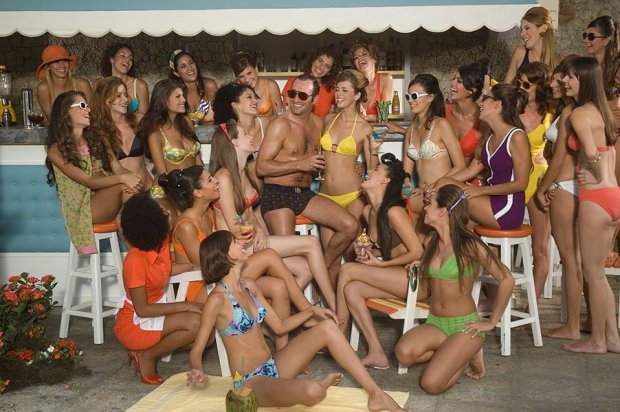There are just 59 days to go until voters turn out for the first round of the French presidential election and it is not even clear who will make the starting gate.
For now, all the pundits and the bookies are predicting the re-election of President Emmanuel Macron. But the real story is about how French democracy operates.
General de Gaulle designed the Fifth Republic to keep extremists out of the Elysée. So, to get into the presidential election, a candidate must present the Conseil Constitutionnelle with 500 sponsorships (parrainages) from geographically dispersed senior elected officials.
Previously this was not a problem. Tens of thousands of mayors and thousands of more departmental and regional elected officials eligible could act as sponsors for greens, communists and even fringe monarchy or animal rights candidates. Sponsors were recruited in private, and the result was relatively easy access to the ballot for all the main candidates and plenty of others.
Now, political connections have concentrated power into the city centres and amongst the metropolitans. So round one looks like it won’t be a riotous display of democracy: rather a funereal, Sovietish election, with only three mainstream candidates: a centrist, a centrist leftist and a centrist rightest, reducing the second round into something almost indistinguishable.
With a month to go before the sponsorship cut-off, Macron — with the power of incumbency and patronage — has crossed the threshold of 500 by harvesting 926 sponsors, as of 8 February. Harnessing their parties’ regional power bases, Valérie Pécresse for Les Républicains and Anne Hidalgo of the socialist party have also qualified.
For everyone else, it’s turning out to be a problem. The candidates who are struggling to meet the 7 March deadline include Marine Le Pen, who has 139 sponsors of the 500 she needs, Eric Zemmour with barely more at 149 and the leftist firebrand of La France Insoumise, Jean-Luc Mélenchon sitting on 391.
All three of these candidates, currently off the ballot, have vastly more support than Hidalgo, currently on it. In the polls, Mélenchon is on around 10 per cent, Zemmour on 13-14 per cent and Le Pen is on 16-17 per cent. Even allowing for wild polling errors, each of them has a better claim to a spot on the ballot than Hidalgo, who is on around 4 per cent.
In a nutshell, candidates whom voters support could be excluded from the election, while those whom they don’t support — but who have the right political connections to pick up sponsorships — will be included.
The legitimacy of such an election will certainly be questioned. That is why some cooler heads here are quietly suggesting that centrist mayors should sponsor candidates they disagree with to give the electorate a bigger voice.
If France is unable to stage the rapidly approaching election without at least a semblance of choice, there could be immediate instability and protestation, and enduring damage to France’s idea of itself as a fortress of democracy.A second round Tweedle Dum and Tweedle Dee showdown that will be won by a member of the Paris elite, a millionaire, a graduate of the École National D’Adminisistration, named either Macresse or Pécron, simply will not do.
Got something to add? Join the discussion and comment below.
Get 10 issues for just $10
Subscribe to The Spectator Australia today for the next 10 magazine issues, plus full online access, for just $10.

















Comments
Don't miss out
Join the conversation with other Spectator Australia readers. Subscribe to leave a comment.
SUBSCRIBEAlready a subscriber? Log in